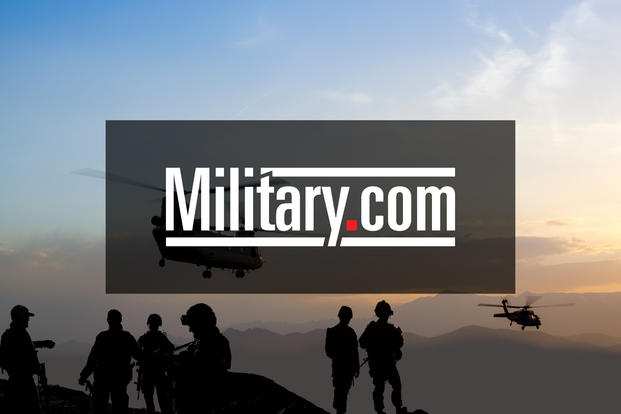Top Pentagon officials Wednesday applauded President Donald Trump's call to "shoot down and destroy" harassing Iranian gunboats but said decisions to open fire would still be left to the judgment calls of ship commanders.
"I would have to be the captain of the ship in order to make that determination" on whether to respond with lethal force, said Air Force Gen. John Hyten, vice commander of the Joint Chiefs of Staff. "It depends on the situation and what the captain sees."
At a Pentagon briefing, both Hyten and Deputy Secretary of Defense David Norquist indicated that they viewed Trump's tough talk as an enhanced warning to Iran to avoid encounters with Navy ships that could quickly escalate into open conflict.
Related: President Trump Orders Navy to 'Destroy' Iranian Boats that Harass US Vessels
"I like that the president warned an adversary; that's what he's doing," Hyten said. "He's providing a warning: If you want to go down that path, we will come and we will come large so don't go down that path."
Norquist added, "The president issued an important warning to the Iranians. What he was emphasizing is that all of our ships retain the right of self-defense. The president is describing and responding to poor behavior of the Iranians."
Trump earlier tweeted, "I have instructed the United States Navy to shoot down and destroy any and all Iranian gunboats if they harass our ships at sea."
The tweet appeared aimed at the swarm of 11 Iranian small fast boats that at one point came within 10 yards of U.S. Navy and Coast Guard ships in the Persian Gulf last week, according to the Navy.
Iran dismissed Trump's tweet as an attempt at "bullying" to distract from the novel coronavirus pandemic.
"Today, instead of bullying others, the Americans should put all their efforts toward saving those members of their forces who are infected with coronavirus," said Abolfazl Shekarchi, a spokesman for Iran's armed forces, according to Iran's ISNA news agency.
At the Pentagon briefing, Norquist and Hyten strained to find definitions or distinguish between harassment of Navy ships and the hostile intent, or hostile act, that would provoke a response with force.
"Every capability that we deploy, every ship that deploys in harm's way has the inherent right of self-defense," Hyten said. "What that means is, if we see a hostile act, if we see hostile intent, we have the right to respond up to and including lethal force.
"If it happens in the Gulf, if it happens in any way, we will respond with overwhelming lethal force if necessary to defend ourselves," he said. "It's really that simple, but nobody should doubt that the commanders have the authority right now to respond to any hostile act or hostile intent."
Neither Hyten nor Norquist responded directly to questions on whether Trump's tweet would result in a change to rules of engagement or was merely a reinforcement of existing guidelines.
"The president was describing and responding to poor behavior on the behalf of the Iranians, and he is emphasizing and warning … them about the challenges" they might create, Norquist said.
"It was a very useful thing that he put out, and I think it's an important thing for other people to understand and take very seriously," he added.
"The president made a clear statement," Hyten said. "I think the Iranians understand that; I think the American people understand that. Now, we as the military have to apply that clear direction from the commander in chief into lawful orders that we execute. And we know what that means. We have no doubt what that means.
"Now, if you come across at a safe distance and you're waving -- that's one thing," Hyten said of Iranian boats passing near Navy ships.
"If you have a gun and you point it at me, that's another thing," he said. "I think the president's direction was pretty clear, and we don't need any more actions."
-- Richard Sisk can be reached at Richard.Sisk@Military.com.
Read more: Approved for Release, 80-Year-Old Vet Fights to Get Out of Coronavirus-Infected Prison












